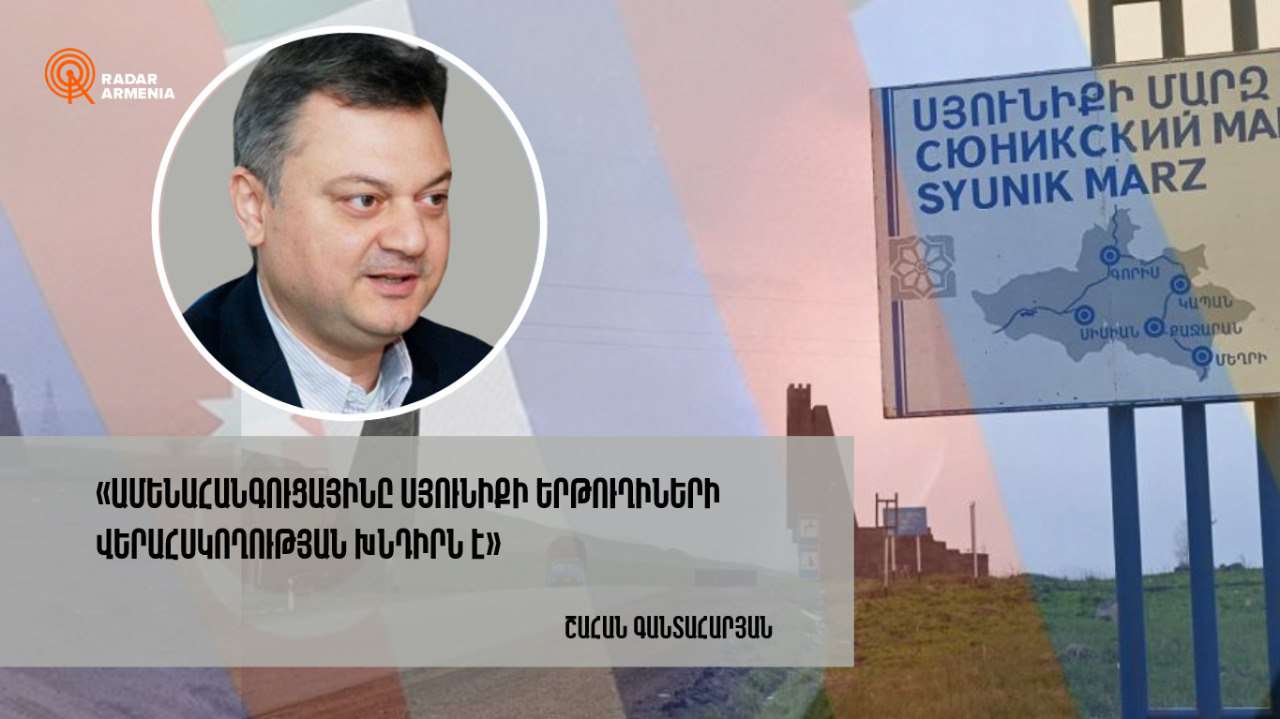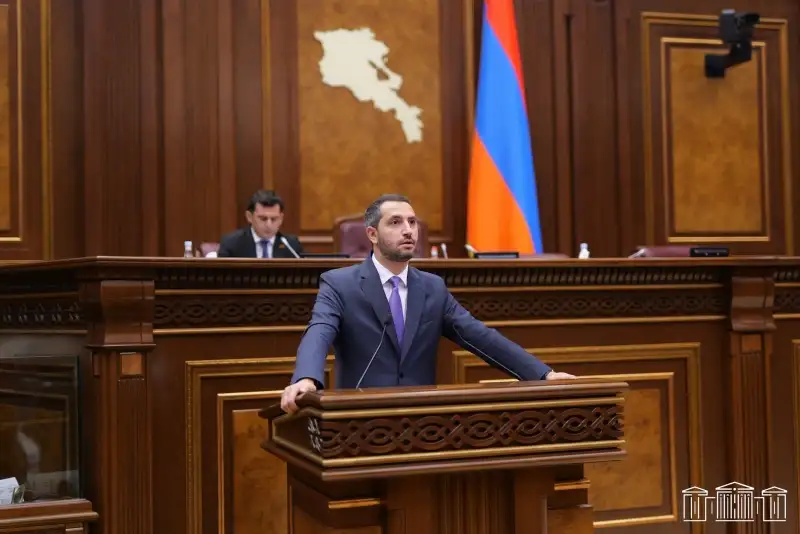Radar Armenia's interlocutor is Shahan Gantaharyan, an international scholar.
- Iran and Pakistan strike each other. How risky is this situation for the South Caucasus and, especially, for Armenia?
- By and large, Iran is a deterrent to Azerbaijan's ambitions, and Pakistan supports Azerbaijan unconditionally. The clashes registered between the two countries may continue in the same capacity. They will be targeted and will not become large-scale. Iran's gradual de-isolation is visible on the ground. The ways of cooperation with the West are being smoothed out, albeit slowly.
- What kind of developments do you foresee in the Iran-Pakistan tension?
- Targeted, but not extensive. Deterrent factors will work to prevent it from expanding. The region is moving toward controllable multipoint wars without becoming entirely regional.
- There was also some tension regarding the Houthis in Yemen when the US and Britain launched strikes. What will such tension lead to?
- The same in this case. The conflict over controlling strategic holes in the Red Sea will continue in this form. But it is directly related to the tightening of ties with Israel.
- Although Sergey Lavrov denied that there is a provision regarding the "Zangezur Corridor" in the tripartite declaration, he stated that it is now difficult for Armenia to implement the opening of the road through Syunik as written in the tripartite declaration. According to him, Armenia is making new demands, not wanting Russian border guards to stand there. How do you interpret Lavrov's statements?
- It is clearly stated that Moscow and Baku agreed on point 9 of the November 9 statement. Baku gets the Nakhichevan-Azerbaijan land route, and Moscow gets control. The agreement is, in fact, Ankara-Moscow because Turkey also needs that hole. Having received such a status, Moscow was nominated to control an essential regional cross-border road. But the November announcement was canceled. Unblocking the column is the most crucial point, the solution of which is still unclear and needs to be clarified. The issue is frozen not because of Armenian disagreement but because of geopolitical competition. Syunik is turning into a center of representation of geopolitical forces, so the composition of the military presence on that hole will not be resolved.
- According to Lavrov, Azerbaijan is ready for the peace treaty to be concluded on Russian territory. Is there a reason to assume that the West is unlikely to succeed in bringing the parties to the negotiating table, considering the synchronous cooperation between Azerbaijan and Russia?
- About Moscow-Azerbaijan, there is synchronous activity. But other forces also penetrate the Caucasus, inhibiting only Russian mediation and guarantees. The main obstacle to implementing the Madrid principles was the disagreement over the composition of the peacekeeping forces. And now, there is the same disagreement over the control of strategic roads.
- What developments will the Israeli-Palestinian conflict have? Will the Arab world be more involved in these processes?
- I think the official statement of Saudi Arabia is an indicator. There will be no diplomatic relations with Israel if there is no Palestinian state. Other Arab countries will follow Riyadh because Saudi Arabia is a weather dictator in the Arab world in a pan-Arab sense.
Hayk Magoyan


















